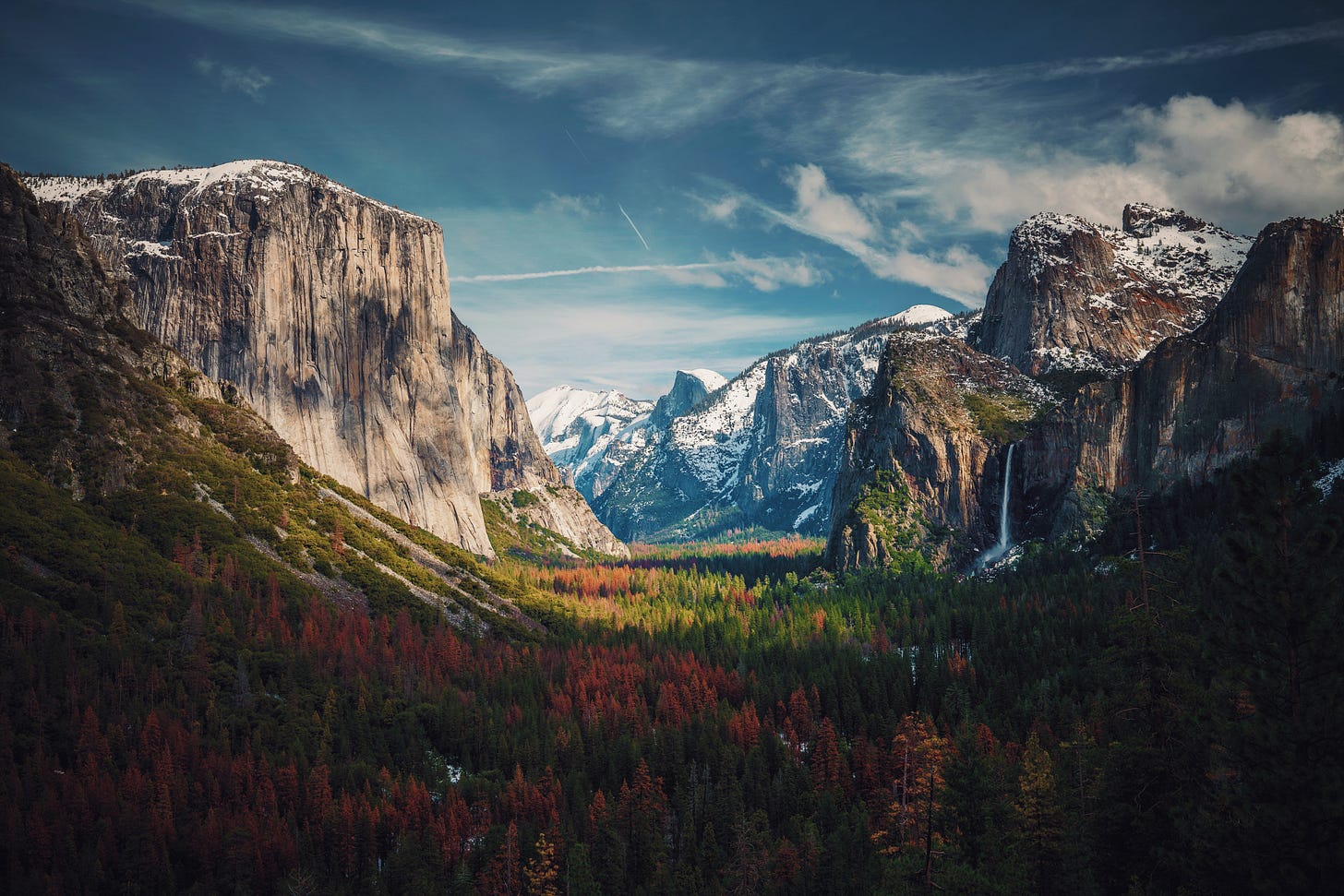Wild Ones #8: Nature™ Inc.
A weekly digest of ideas, news, and research in environmental communication

Photo by Aniket Deole on Unsplash
A few ideas for communicating environmental issues that struck a chord with me this week:
The Society of Environmental Journalists has compiled a great collection of environmental podcasts on their website. One of the podcasts on their list in particular, ‘Drilled,’ offers incredible reporting into the spread of climate denialism, I’d even call it a tour-de-force of environmental communication. Here’s a brief description:
“Courtroom drama, secret documents, psychological warfare, whistleblowers, media manipulation, this is a story that has it all. Join SEJ member Amy Westervelt and team as they uncover the mechanics of the longest-running and most elaborate propaganda campaign of the century — the creation and spread of climate denial — and why it's been so effective.”
Michael Soulé’s Unpublished Thoughts on Sin and the Human Condition. Michael Soulé (May 28, 1936 – June 17, 2020), was a fierce advocate for conservation and held strong views about the course that conservation should take. He also often clashed with academic critics who advanced the postmodern idea that ‘nature’ — the nonhuman animals and ecosystems that environmentalists care so much about — is a social construction shaped by cultural interpretations: “‘Nature’ is thus not simply a physical entity that is ‘out there’ or given; it is an idea that takes on different meanings in different cultural contexts, a social construction that directs us to see mountains, rivers, trees, and deserts in particular ways”.
While these critiques were in part meant to shed light on how much of American environmental policy is shaped by problematic cultural understandings of nature that is rooted in a colonial past, Soulé felt that these postmodern critiques eroded an idea of nature necessary to conservation success: that nature is an objective reality ‘out there’ that environmentalists are striving to save and protect. For Soulé, debates about the social construction of nature ‘can be just as destructive to nature as bulldozers and chain saws.”
The Stories We Live By: A free online course in ecolinguistics:
From the course website: “WHAT'S THE COURSE ABOUT? The social and ecological issues that humanity currently faces are so severe that they call into question the fundamental stories that societies are based on. Ecolinguistics provides tools for revealing the stories we live by, questioning them from an ecological perspective, and contributing to the search for new stories to live by. The course examines a wide range of texts from advertisements, lifestyle magazines and economics textbooks to surfing guides, Native American sayings and Japanese animation. In each case, the question is whether the stories that underlie texts encourage us to care about people and the ecosystems that life depends on.”
From my Desk
Nature™ Inc.: Conservation in an age of privatization. In this essay, I review a great new environmental film from Patagonia that shines a light on the fight for America’s public lands. You can read it here.
Have a great week and see you Thursday!
Gavin



